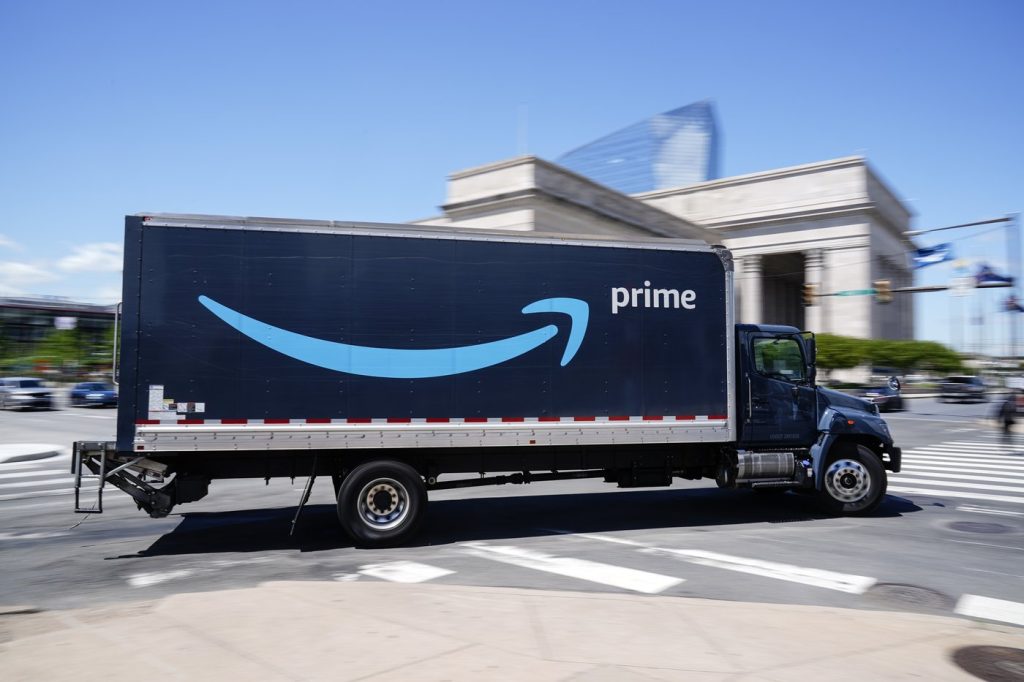Amazon has recently addressed speculation regarding its potential plans to list added tariff costs alongside product prices on its platform. This comes in the wake of a report suggesting that the e-commerce giant might begin displaying new import charges, which stirred reactions from various quarters, including criticism from the White House. However, Amazon clarified that it does not intend to implement such changes, putting to rest concerns that had been heightened by the speculation.
Tim Doyle, a company spokesperson for Amazon, confirmed that the idea had been considered specifically for the company's newly launched Haul service, which focuses on selling low-cost items priced under $20. This service aims to compete against popular competitors like Temu and Shein, which are founded in China. However, Doyle emphasized that the idea of listing import charges was never officially approved and will ultimately not materialize.
Earlier reports, particularly from Punchbowl News, indicated that Amazon was planning to explicitly show how much of each product's cost was attributable to tariffs. This information was supposedly going to be displayed next to the total listed price of each product. However, Amazon quickly refuted this claim, leading to an accelerated response from the Trump administration, which criticized the notion as being unfounded.
White House press secretary Karoline Leavitt characterized Amazon's potential tariff display as a "hostile and political act," further questioning the company's allegiance to American values by asserting that Amazon had collaborated with a Chinese propaganda arm. Leavitt's comments came shortly after she stated she had communicated with President Trump regarding Amazon's supposed tariff plans.
The White House's reactions seemed to stem from a misunderstanding of Amazon's internal deliberations rather than an actual decision made by the company. The interaction between Amazon and the Trump administration raises questions about whether there had been any prior contact regarding the ways in which Amazon might communicate price changes associated with tariffs to consumers. The dynamics appearing to unfold carry the potential to influence the relationship between Amazon and the government, particularly under a climate where tariffs imposed by the Trump administration have already prompted rising costs for a variety of goods.
The trade tariffs established during Trump’s administration, coupled with retaliatory measures from other countries, particularly China, pose a looming challenge for both consumers and businesses. Economists warn of a possible increase in prices, suggesting that these import taxes will contribute to worsening inflationary pressures, affecting everyday consumers. High-profile companies have begun raising their prices in response to these tariffs, a situation evidently echoed by rivals such as Temu and Shein, who have similarly felt the impact of tariff-related costs.
Overall, the developments surrounding Amazon's considerations and the subsequent governmental backlash highlight the interconnected nature of international trade policies and domestic corporate strategies in the current economic environment. The situation indicates an ongoing scrutiny of how large corporations like Amazon navigate governmental regulations while striving to maintain competitive pricing for consumers amid uncertain economic times.











